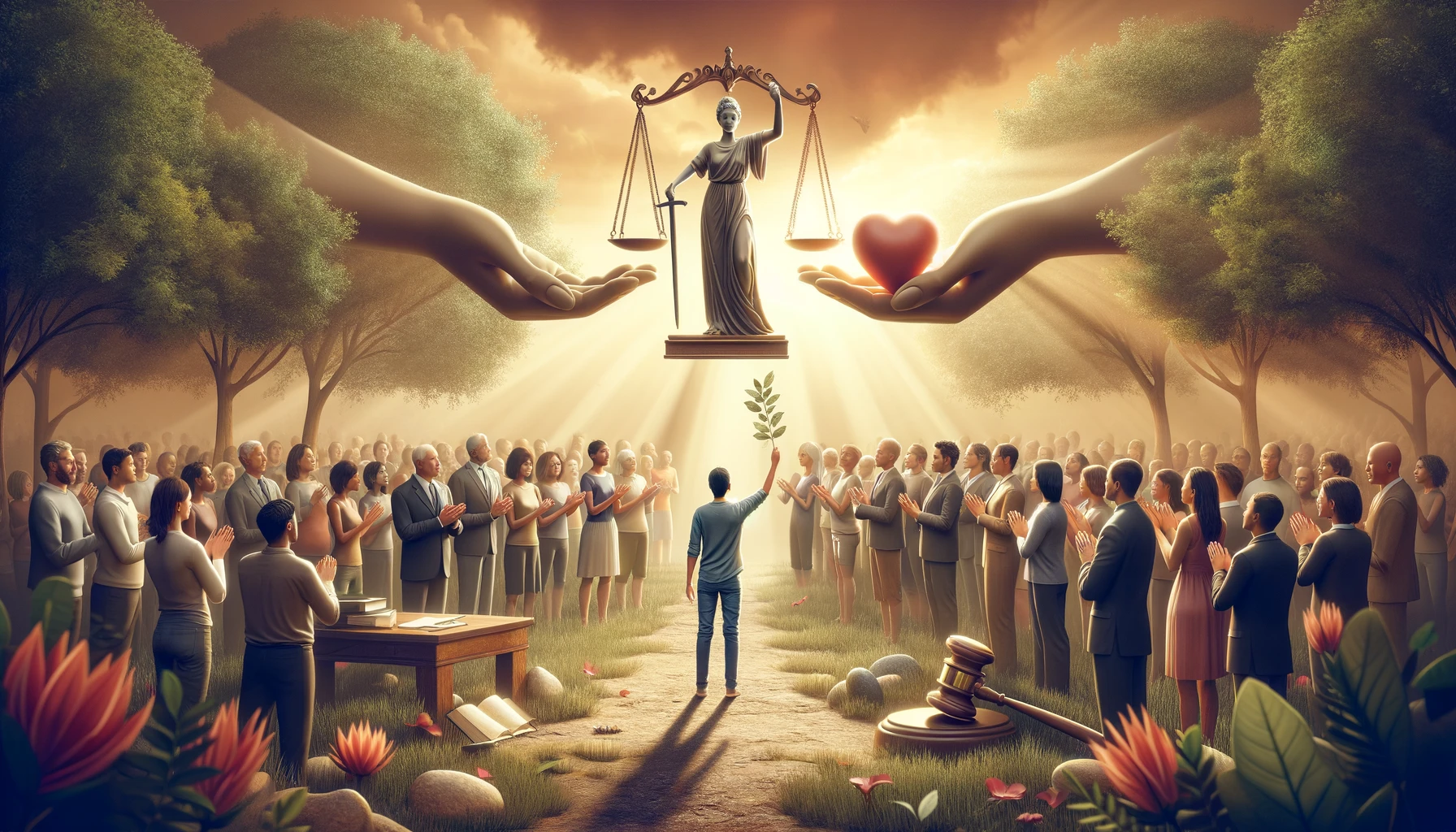The title should be “Are we witnessing the decline of the social contract?”. The concept of the social contract—a philosophical theory suggesting that individuals consent explicitly or tacitly to surrender some of their freedoms and submit to the state’s authority in exchange for the protection of their remaining rights—appears to be unravelling at the seams. The stock, popularity and support given to people and groups who have found out to be lying, cheating grifters should give everyone cause for alarm. The lack of a counterbalance and complete public rebuke should leave everyone wondering if it will ever end. This disintegration is not happening in isolation; somewhat, it is being actively undermined by a constellation of high-profile figures, systemic abuses, and a resurgent tide of extremist ideologies that threaten the foundational principles of democratic governance and societal harmony.
The unravelling of the social contract is perhaps most visibly symbolised by the figures of Donald Trump and Elon Musk. These individuals have personified a departure from the norms and expectations traditionally associated with leadership and responsibility in their respective spheres of influence. Trump’s presidency, marked by divisive rhetoric and challenges to the very pillars of democracy, alongside Musk’s often erratic stewardship of vast technological empires, illustrates a broader trend: the elevation of individualism over collective well-being and the prioritisation of personal gain over communal stability.
Further exacerbating this erosion are the revelations of insider trading among politicians, an abuse of power that starkly illustrates the betrayal of public trust. This phenomenon, where those in positions of legislative authority engage in financial maneuvers predicated on privileged information, underscores a fundamental breach of the social contract. It reveals a disturbing willingness among some elected officials to subvert the principles of fairness and equity that underpin the agreement between the governed and governors. Just read some of the judge’s comments in the January 6th case; “I have been dismayed to see distortions and outright falsehoods seep into the public consciousness. I have been shocked to watch some public figures try to rewrite history, claiming rioters behaved ‘in an orderly fashion’”.
The resurgence of the far right in European politics, with its exclusionary and often xenophobic ideologies, represents another frontal assault on the social contract. The rise of these movements echoes the pre-World War II era, where economic desperation and national humiliation, exemplified by the Treaty of Versailles’ impositions on Germany, fostered fertile ground for the spread of fascism. This historical parallel serves as a sad reminder of the consequences when societal discontent is channelled towards scapegoating and pursuing a homogenous, exclusionary state ideal rather than addressing the underlying causes of disparity and disenchantment.
The willingness of specific population segments to forfeit the social contract in exchange for a promise of security or prosperity for their in-group, at the expense of others, is a troubling development. It reflects a fundamental misunderstanding of the contract’s essence: a mutual agreement for the benefit of all members of society, not a zero-sum game where one’s gain necessitates another’s loss. This mindset undermines the foundation of social cohesion and mutual respect and opens the door to normalising practices and ideologies fundamentally antithetical to democratic principles.
In the wake of the Watergate scandal, Richard Nixon’s resignation serves as a historical counterpoint to the current trend. Despite his many flaws, Nixon’s decision to step down can be interpreted as acknowledging the social contract’s boundaries and the responsibilities entrusted to those in power. His resignation, driven by recognising the untenable position his actions had placed the presidency and the nation in, underscores the notion that adherence to governance and accountability principles is integral to maintaining societal trust and democratic integrity.
Today, as we witness attempts to renegotiate or outright discard the social contract in favour of more sinister alternatives—wherein protection and prosperity are reserved for a select few at the expense of the many—it is imperative to recognise the historical lessons of the past. The rise of fascism in the early 20th century, fueled by economic hardship, national humiliation, and the appeal to baser instincts of in-group superiority, serves as a stark warning. It reminds us that the path away from a universal social contract, grounded in mutual respect, equity, and shared responsibility, is a path towards division, conflict, and the erosion of the very fabric of society.
As the social contract frays under the weight of individual ambition, systemic corruption, and the allure of exclusionary ideologies, the challenge for contemporary society is to reaffirm its commitment to the foundational principles of mutual aid, accountability, and inclusive governance. Only through a collective effort to repair and rejuvenate this contract can we hope to avert the descent into division and autocracy that history has shown to be all too possible.











